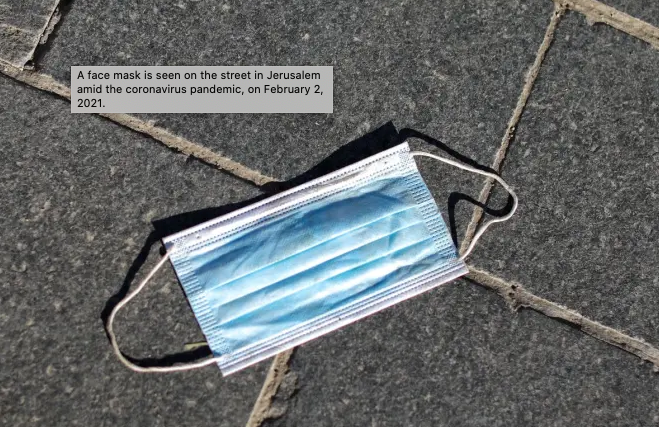
The face mask has small sensors that, when activated, analyze the accumulated breath droplets and test for COVID-19.
A new face mask could diagnose those who wear it with COVID-19 within about 90 minutes, according to a study conducted by engineers from the Massachusetts Institute of Technology and Harvard University.
The masks have tiny, disposable sensors, referred to as Specific High-sensitivity Enzymatic Reporter unLOCKing (SHERLOCK). The study, published in Nature Biotechnology, shows that the sensors could also be incorporated into clothing, providing a new way to monitor exposure to the virus.
James Collins, the Termeer Professor of Medical Engineering and Science in MIT’s Institute for Medical Engineering and Science (IMES) and Department of Biological Engineering and the senior author of the study began developing the wearable sensors years ago to help diagnose Ebola and Zika viruses.
The sensors are freeze-dried, surrounded by a reservoir of water that is released when the wearer pushes a button, signaling that they’re ready to be tested. When the freeze-dried components are hydrated, they analyze accumulated breath droplets and begin testing for COVID-19.
Luis Soenksen, a Venture Builder at MIT’s Abdul Latif Jameel Clinic for Machine Learning in Health and a former postdoc at the Wyss Institute, and the other lead author of the study, tested hundreds of different fabrics for the mask.
Peter Nguyen, a research scientist at Harvard University’s Wyss Institute for Biologically Inspired Engineering and one of the lead authors of the study said, “This test is as sensitive as the gold standard, highly sensitive PCR tests, but it’s as fast as the antigen tests that are used for quick analysis of Covid-19.”
The research was funded by the Defense Threat Reduction Agency; the Paul G. Allen Frontiers Group; the Wyss Institute; Johnson and Johnson Innovation JLABS; the Ragon Institute of MGH, MIT and Harvard; and the Patrick J. McGovern Foundation.
Source: JPOST